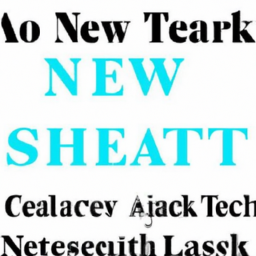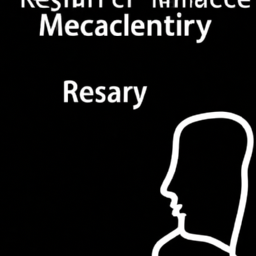It is no surprise that in today’s day and age, employers are met with an array of complex legal challenges in the hiring and employment process. One such challenge is the consideration of sealed convictions in employment decisions.
The New York Legislature recently passed the Clean Slate Act, which, if signed by Gov. Kathy Hochul, will provide for the automatic sealing of the records of certain convictions after specified periods of time. Furthermore, it would prohibit employers from inquiring about sealed records or discriminating against applicants or employees based on sealed records.
At a time when the United States is experiencing a period of increased scrutiny of the criminal justice system, the Clean Slate Act is a welcome reprieve for those who have been convicted of crimes in the past and are seeking a second chance.
The Clean Slate Act is a significant piece of legislation that will have lasting implications for employers in the state of New York. For HR professionals, it is important to have a firm grasp on the implications of this new legislation.
First and foremost, employers in New York must understand that the Clean Slate Act will prohibit them from inquiring about any sealed record or using such records to make an employment decision. This means that employers must ensure that their background check process does not include any inquiry into sealed records. Additionally, employers must be sure that any background check process they use complies with the Clean Slate Act and any other applicable state and federal laws.
Second, employers in New York must understand that the Clean Slate Act will not protect them from liability for any discrimination based on a sealed record. The Act does not provide employers with a defense to any discrimination claim based on a sealed record. Therefore, employers must ensure that they do not discriminate against any individual based on a sealed record and that they treat all applicants and employees fairly and equitably.
Finally, employers in New York must understand that any conviction that is sealed under the Clean Slate Act may still be considered in certain circumstances. For example, if the applicant or employee is applying for a job that requires a security clearance, the conviction may still be considered. Additionally, sealed convictions may still be considered in the context of a job that requires a professional license, as such convictions could potentially impact the applicant or employee’s ability to obtain such a license.
In conclusion, the Clean Slate Act is a significant development in the area of criminal justice reform that will have a major impact on employers in New York. HR professionals must ensure that they have a firm grasp on the implications of the Act and that they are in compliance with all applicable laws. Additionally, they must understand that any conviction that is sealed under the Clean Slate Act may still be considered in certain circumstances. By understanding and complying with the Clean Slate Act, employers can ensure that they are providing a fair and equitable employment environment for all applicants and employees.



